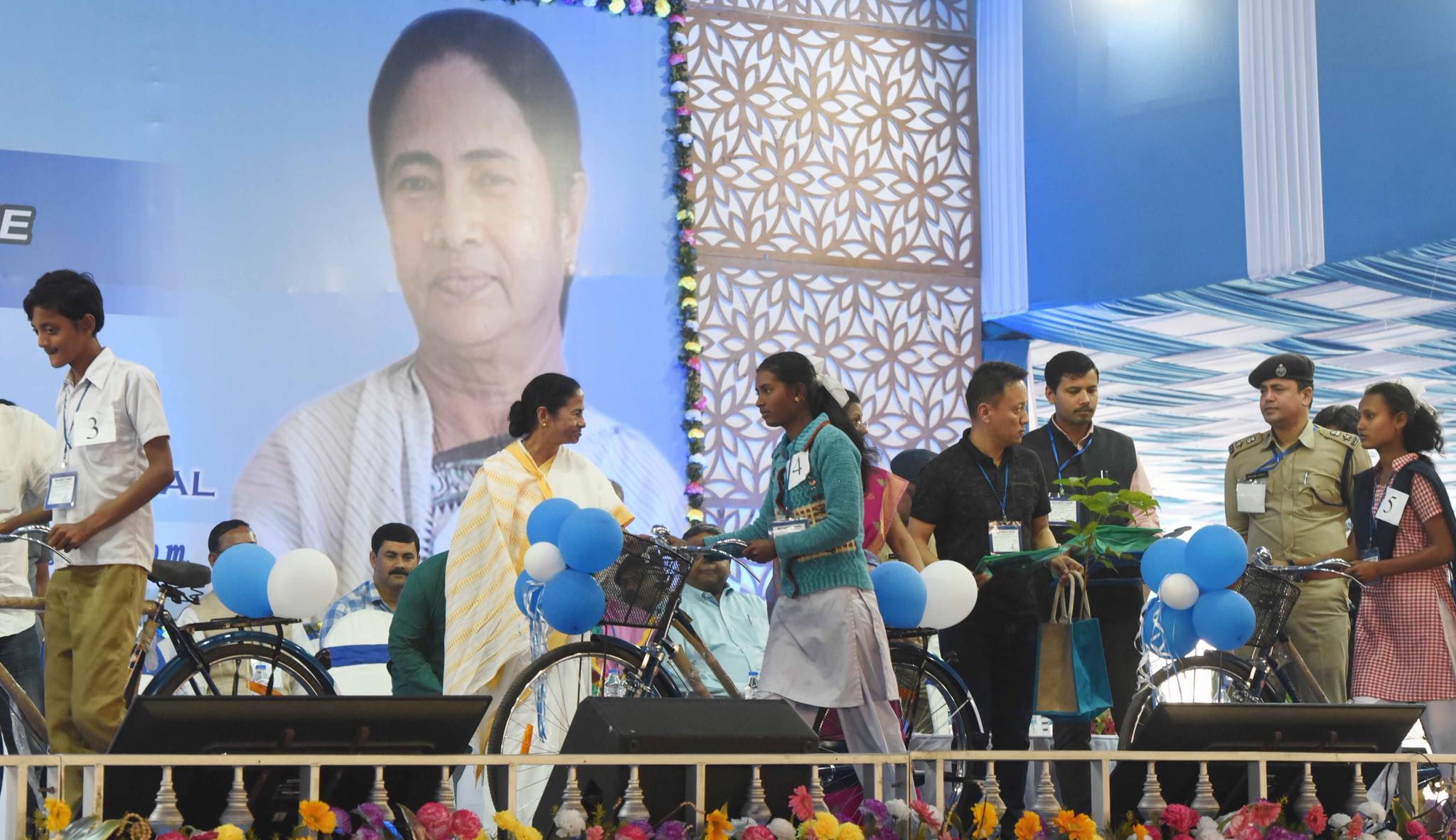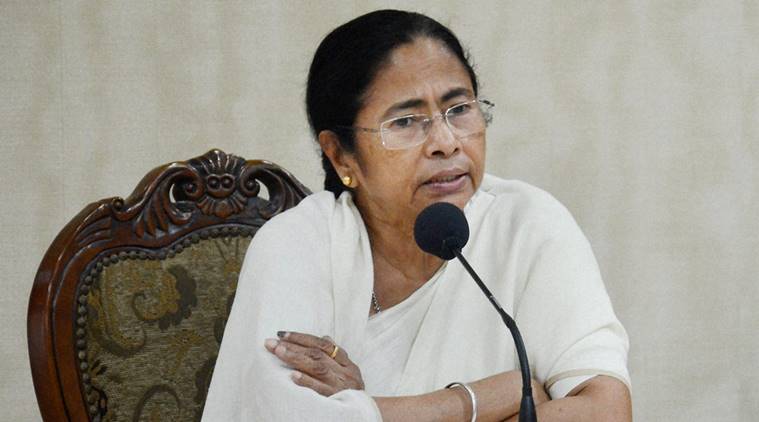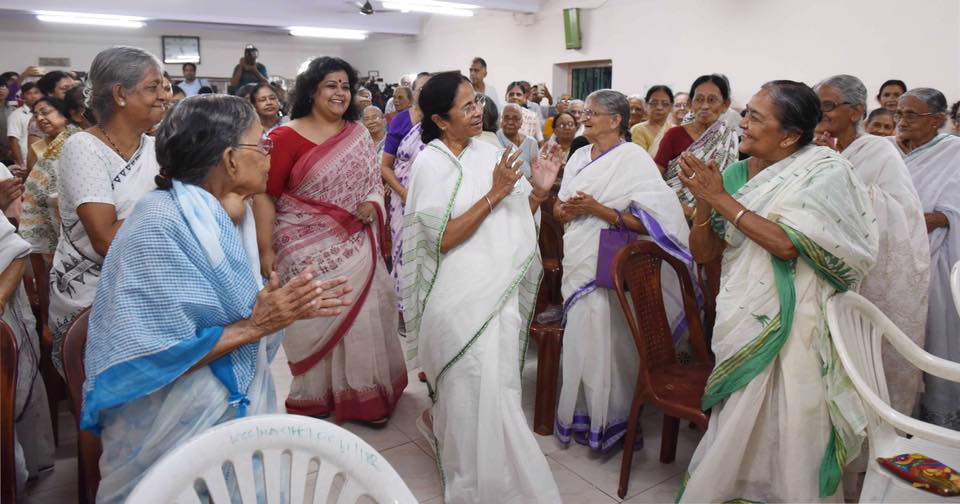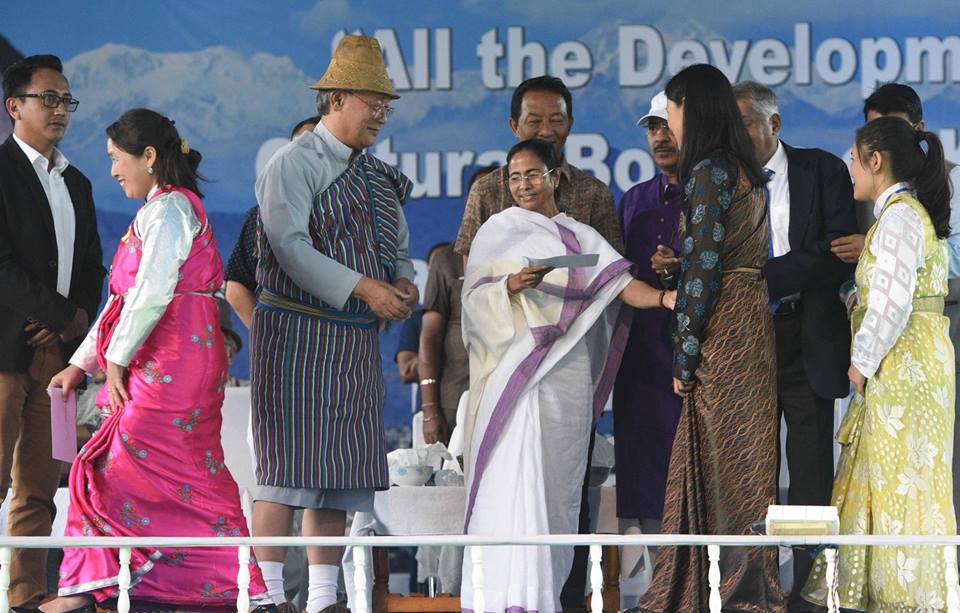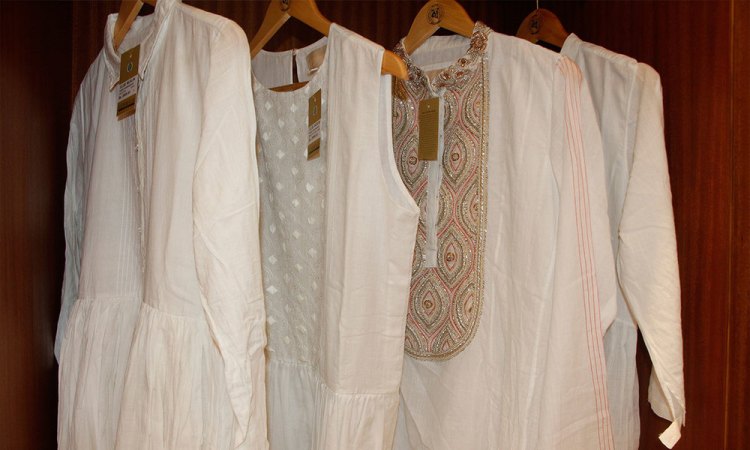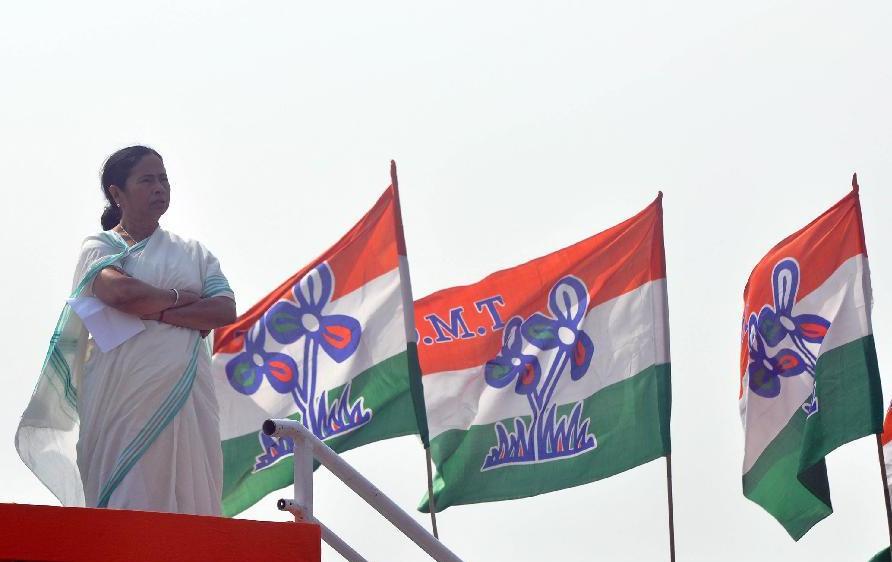In May 2011, the Hon’ble Chief Minister, Mamata Banerjee, established efficient governance in West Bengal, with the Government of Maa, Mati, Manush. On May 27, 2016, through a historic verdict, the government was sworn in for the second time in a row.
On the anniversary of this historic day, the Government of Maa, Mati, Manush rededicates itself to the service of people.
In the last seven years, Bengal has witnessed phenomenal growth in development and prosperity. Nearly 90% of the State’s population has benefited from various public services. 90% of the State’s population is provided with food grains at a subsidised rate, under the ‘Khadya Sathi’ scheme. Apart from this, the Government has also taken initiatives such as ‘Sabujshree’, ‘Kanyashree’, ‘Sikshashree’, ‘Sabuj Sathi’, ‘Sishu Sathi’, ‘Yuvashree’, ‘Rupashree’, ‘Manabik’, and ‘Samabyathi’, to name just a few.
These schemes have made available a plethora of services to all citizens, including members of scheduled castes, tribes, minorities, and OBCs.
As we complete a journey of seven years, we pledge anew to serve the people of the State to ensure holistic development, with unwavering passion.
Glimpses of the progress achieved in seven years:
• The average family income of the farmers of the State has undergone a three-fold increase
• Over 90 lakh individuals have secured employment, 144 crore man-days have been generated and the unemployment rate has fallen by almost 40%
• The healthcare budget has been increased by 6 times. 42 super-speciality hospitals have been constructed, and free treatment, diagnosis and medicines, in all government hospitals, have been facilitated
• 22 universities, 48 colleges, 155 ITIs and 81 polytechnics have been established
• As compared to 2011, the expenditure on agriculture and its allied sectors has grown by 7 times
• The budgetary outlay for minority development has been raised by 8 times and almost 1.71 crore minority students have been provided with scholarships worth approximately Rs 4900 crore
• Almost 26,000 km of rural roads have been constructed/renovated and the construction/renovation of another 13,000 km of roads has been initiated
• Homestay facility in the tourism sector of the state has grown by 30%, which has resulted in the employment of a substantial number of people
• Financial assistance has been extended to 18,000 clubs for the development of sports infrastructure
• The quarter final, semi final and final matches of FIFA Under-17 World Cup were successfully organised, thereby winning the commendation of the whole world
• The revenue collection of the State has escalated by almost 2.5 times
• The average deficit, in terms of SGST collection all over the country, is 18%. On the other hand, Bengal, after recovering its 33% deficit, was left with a surplus of 3%

